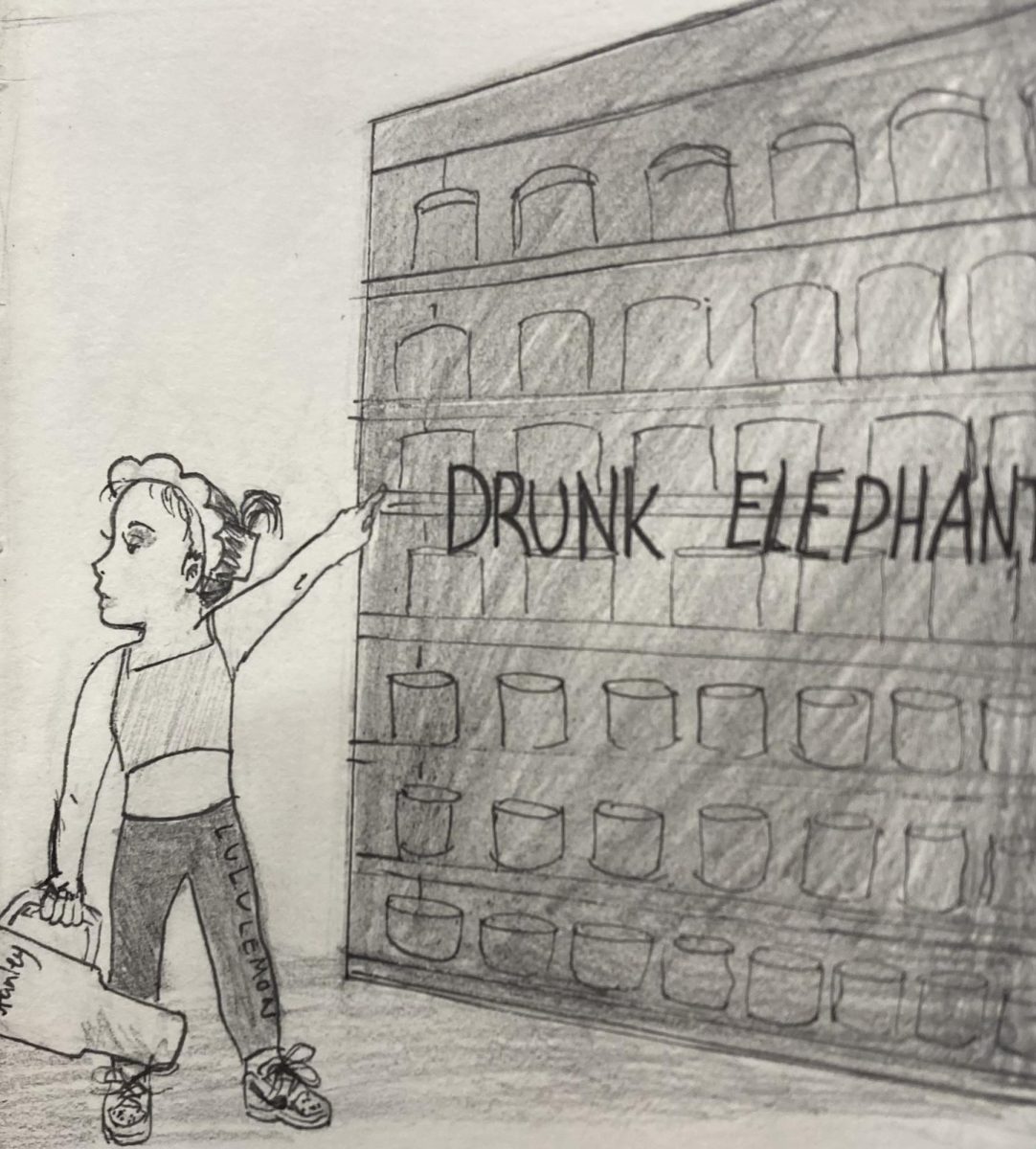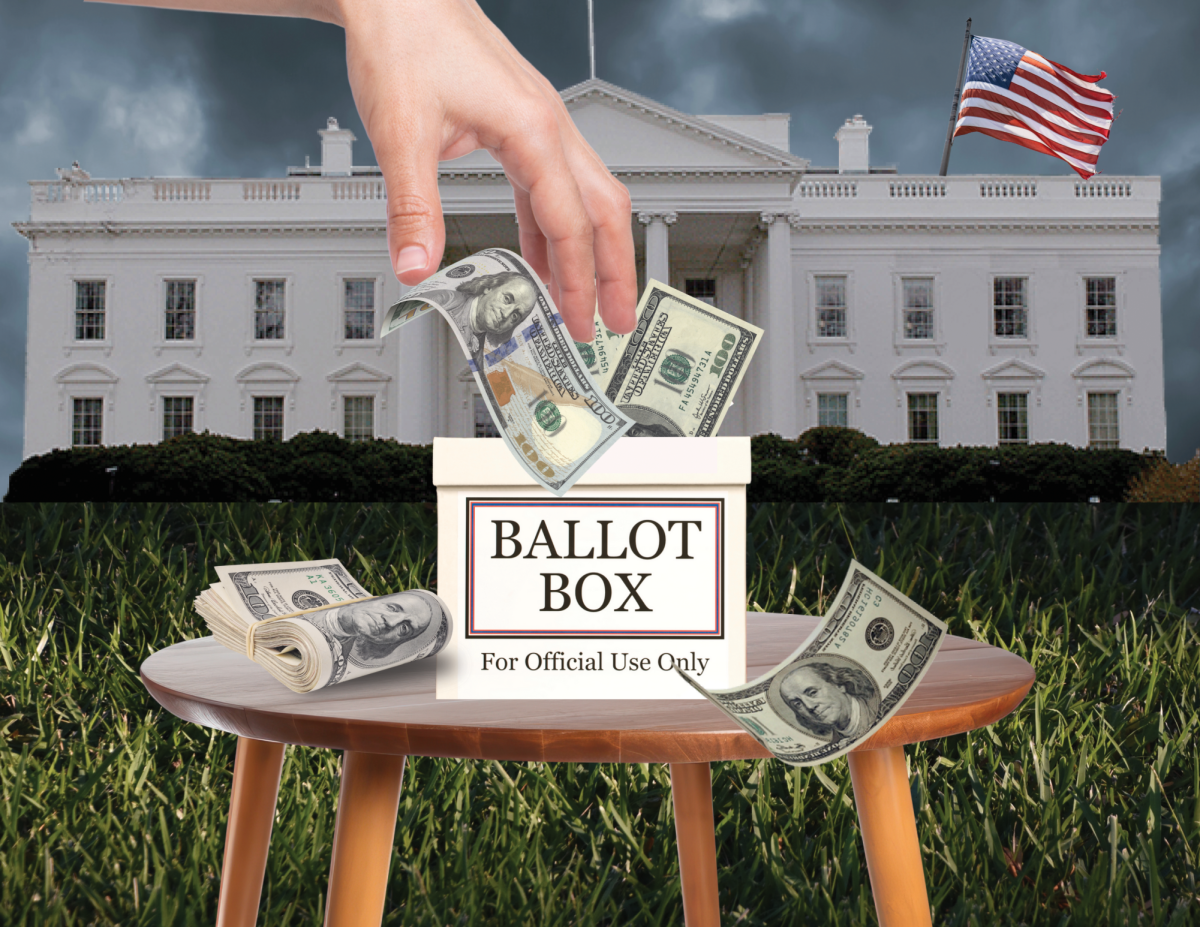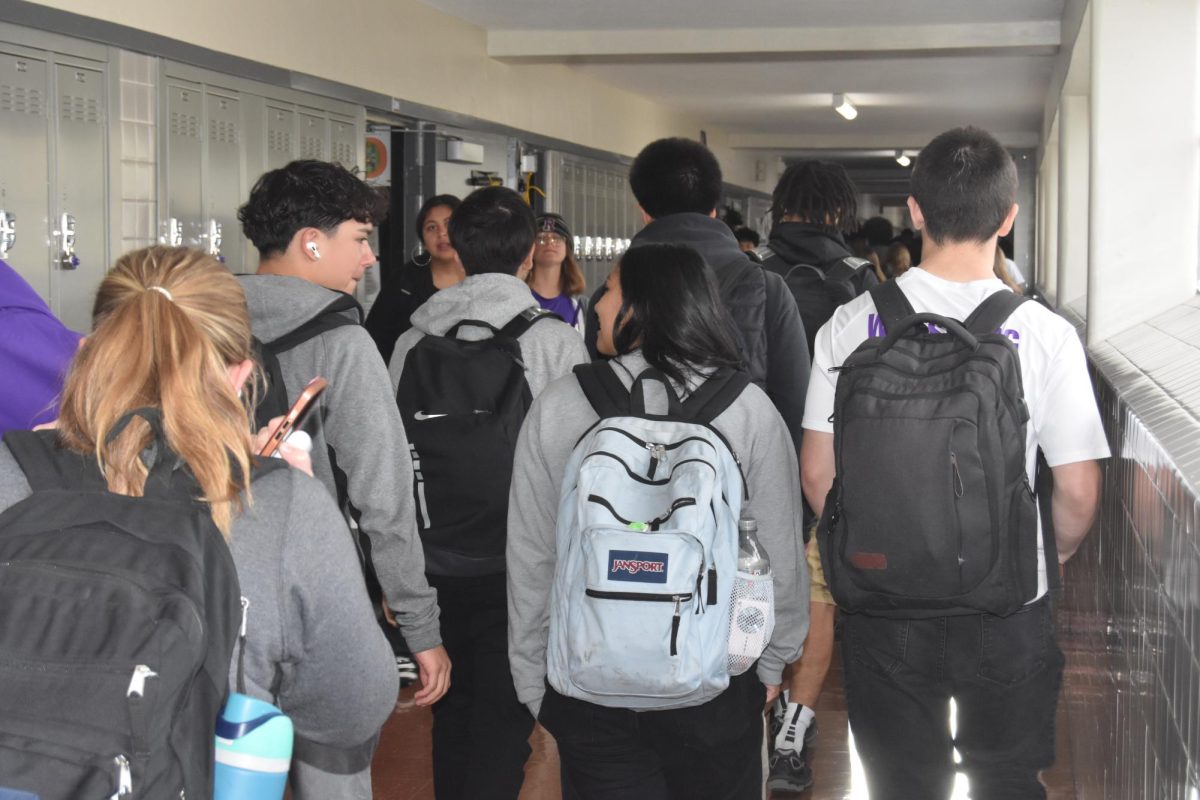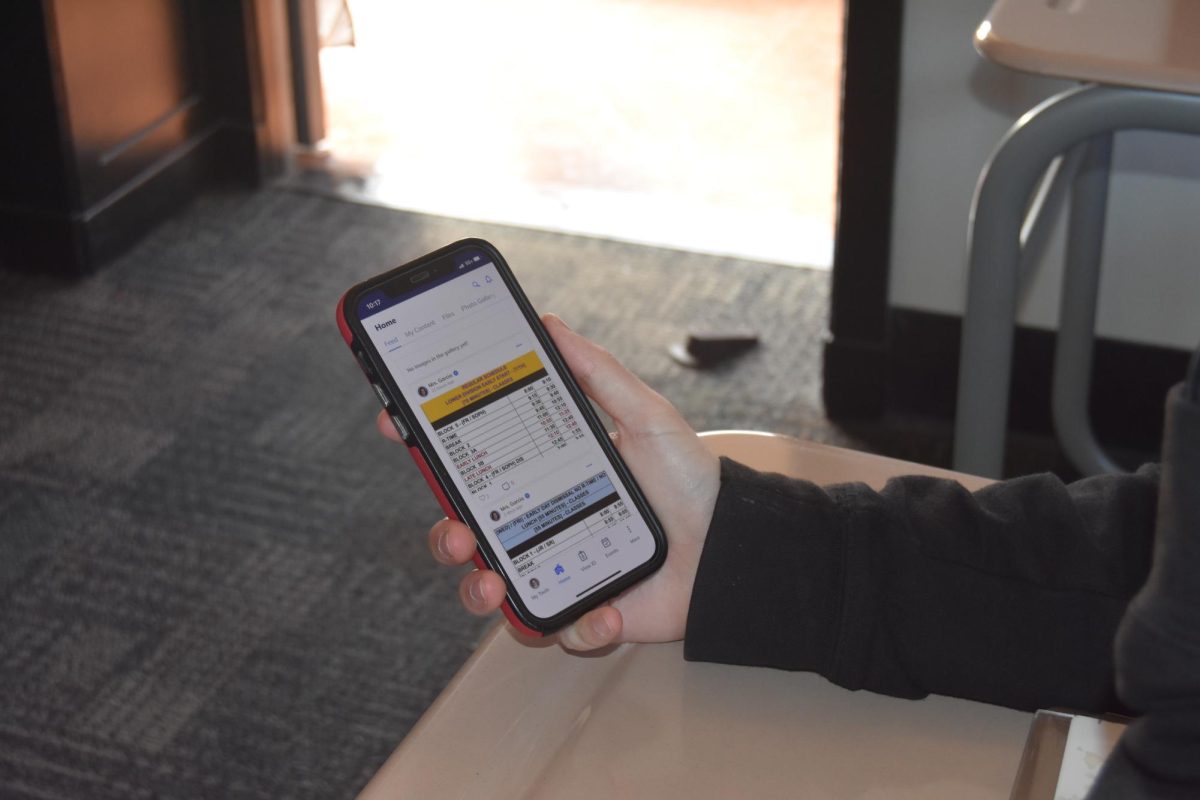I was 15 when I wore mascara for the first time. I was home alone, and my sister’s crusty Maybelline mascara was staring right at me, tempting me to just try it as I had never worn makeup before. As I swiped on a couple of layers following a tutorial I had watched in some random YouTube video, there was an instantaneous feeling of beauty that ran through my body.
All the makeup items I had previously known were from my mother’s drawers, or was the pretend makeup from Claire’s that I had as a child. I was confident in my appearance already, and I never really thought I needed makeup at the time. But this was a small action, which felt like part of me was growing up; I had committed to an act I watched my sisters go through before, and exited the life I had known as a young girl.
Teen girls—at least in my mind—have always been surrounded by the topic of makeup; whether that was being made fun of for not wearing any, criticized for wearing too much, or for the creation of new trends or tips online.
Though women use makeup globally, the teen girl demographic has always been more prevalent, but these numbers are beginning to take a dip as more and more younger girls are buying makeup at a younger age. Young girls throughout generations have always yearned to grow older, but we are now seeing the effects of obtaining this desire in real time.
TikTok in particular has started a conversation about this issue, as these girls are not only selling out products that aren’t for them, but have also been described as rude and disrespectful towards workers.
It has become increasingly concerning watching how much these girls will spend on products that are not made for them, and show them off as if the abuse of their skin was something to be proud of. These young girls have tapped into the “get ready with me” agenda popular among older creators online, where people show themselves getting ready for an event, and promote products they use. GRWM culture in general can be positive for its promotional aspects and to help people find better products to use; however it can also be seen as encouraging the overconsumption of makeup and products.
One product in particular that has been popular amongst the youth is the Drunk Elephant Bronzing Drops, a product made to boost skin elasticity and reduce fine lines; neither of which a child at any age needs.
However, the overconsumption and desire to be older isn’t directly their fault. Every single corner of the internet has an opinion on a certain beauty trend, a new aesthetic, a new style of makeup. These trends of “latte makeup,” “strawberry girl makeup,” “clean girl aesthetic” are rapidly cycling through every single day, and even a teenager like myself struggles keeping up with what looks good and what’s not socially acceptable anymore.
At their age I had no clue what trends there were or what was and wasn’t cool. I had access to stores catered towards preteen girls like Claire’s or Justice, and shows that were for audiences around my age too. Shows now are either too old for pre-teens, or too young for them, or not entertaining at all. Stores—in a similar sense—are mainly selling clothes that are trendy, older, and in some cases not appropriate for a 10-year-old to wear.
The lack of pre-teen representation may be perceived as stupid, but is important nonetheless. They lack a real role model around their age that they can look to for guidance, or as a source of how to simply be a child in society. People who make money from dancing online or showing what they bought are not role models nor should they be a source of career inspiration as well.
The amount of kids who have access to the internet and social media is increasing, and now this younger generation is perceiving parts of the internet that aren’t catered towards them.
Parents who are out of touch with social media don’t understand the effect that being on certain apps at such a young age can have on someone’s self esteem or behavior.
Constantly picking apart one’s appearance based on other people’s standards is tiring and damaging, but is unfortunately the case for millions of girls around the world. It’s completely unfair, but a reality we live in nonetheless. It’s not only about what we can change as society that would help these girls live free lives, but about what we can do to help these young girls see that they are enough as themselves.






